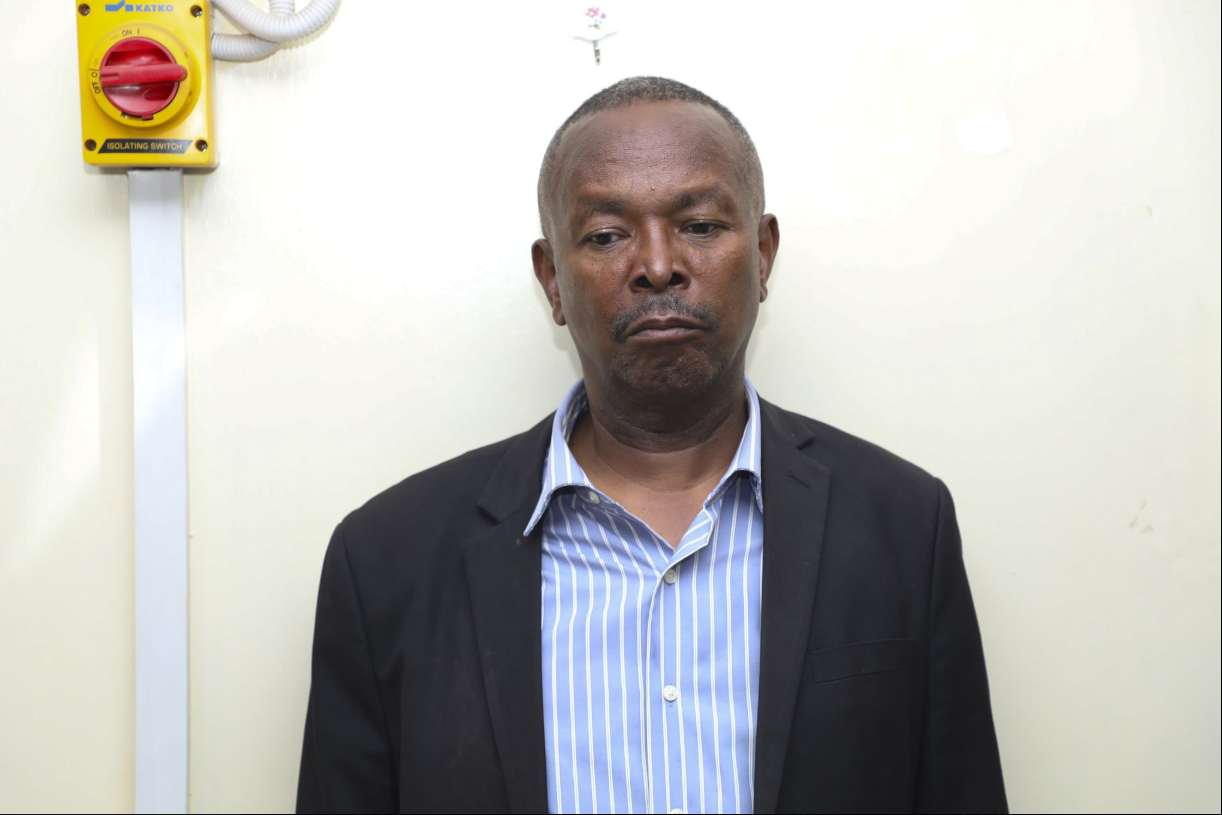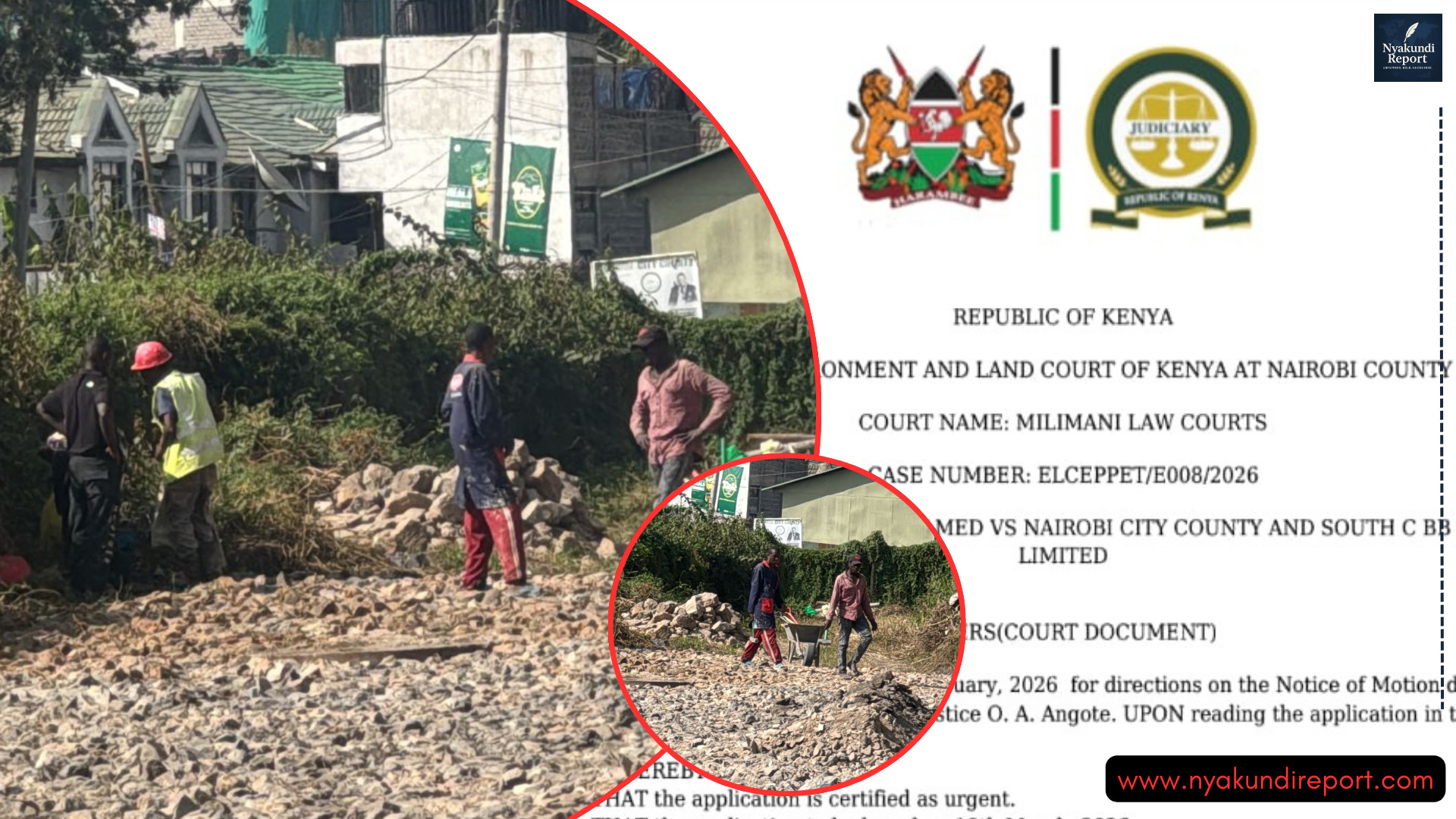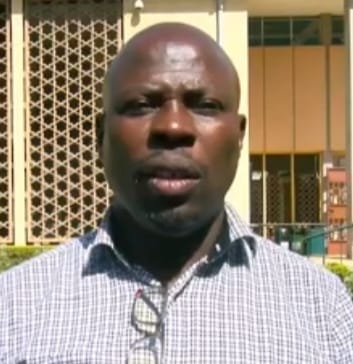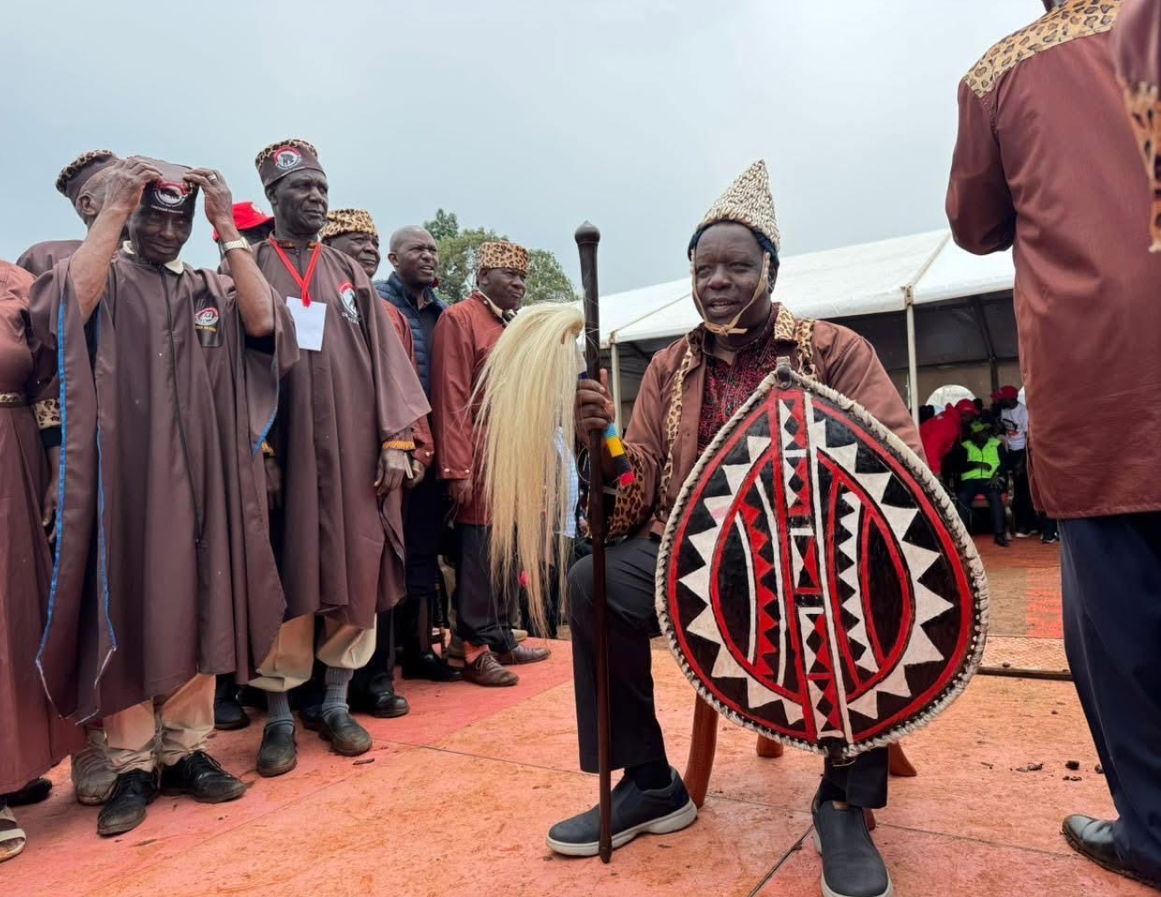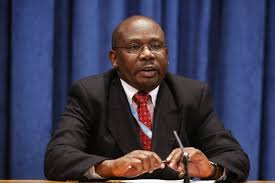In what appears to be a dangerous move to silence critics, Interior Cabinet Secretary Kipchumba Murkomen has invoked the Official Secrets Act to gag outspoken former Deputy President Rigathi Gachagua and ex-Public Service CS Justin Muturi.
Originally meant to protect national security, the law is now being weaponized against political dissent.
With threats of 14-year jail terms and accusations of betrayal, Murkomen is leading an authoritarian-style clampdown to punish those who expose corruption and misrule within President William Ruto’s government.
Critics argue that this is a direct assault on transparency, accountability, and the constitutional rights of whistleblowers. Is Murkomen Muzzling Dissent or Upholding the Law?

Murkomen’s Alarming Interpretation of the Official Secrets Act
Interior CS Kipchumba Murkomen has raised alarm bells after citing the Official Secrets Act to warn that public officials who reveal “classified information” will face harsh punishment.
He issued this threat during his appearance before the National Assembly’s Administration and Internal Affairs Committee, claiming that some former government officials had breached the oath of secrecy.
Murkomen didn’t mention names directly, but it was clear his target was former Deputy President Rigathi Gachagua and former Public Service CS Justin Muturi. Both have become increasingly vocal about alleged corruption, politically motivated arrests, and other abuses under the Kenya Kwanza regime.
Murkomen’s comments followed a question by Saku MP Dida Rasso, who said public officials must respect the Official Secrets Act. Rasso added that ignoring the law could “risk losing the country,” further amplifying the message of fear and obedience.
But critics argue that this is a calculated effort to suppress those who dare to speak the truth. Murkomen went further, saying, “There are those who are older but do not abide by the Act,” in an apparent dig at the seasoned Muturi and Gachagua. He then warned that there are “attendant consequences” for violating secrecy rules.
However, legal experts and former government officials are pushing back, accusing the Interior CS of twisting the law to fit a political agenda.
Gagging Dissenters Who Expose Government Abuse
At the center of this political storm are Rigathi Gachagua and Justin Muturi, both of whom have recently made shocking revelations about the inner workings of the Ruto administration.
Gachagua, once Ruto’s close ally, has broken ranks and now regularly highlights graft and misuse of state resources. Muturi, on his part, dropped a bombshell when he claimed that his son was abducted and held incommunicado by the National Intelligence Service (NIS).
He further revealed that he was coerced by President Ruto into signing a multi-billion-shilling deal with the Russian government — not in State House, but at a foreign airport.
These revelations have embarrassed the Ruto administration. Instead of launching investigations, the government is now trying to silence Muturi and Gachagua using the very law that should only apply to legitimate national security threats.
Legal experts, including lawyers David Ochami and Anthony Musau, have strongly condemned Murkomen’s interpretation of the Official Secrets Act. They say it violates constitutional provisions on freedom of expression and whistleblower protection.
Ochami warned that the CS’s remarks could set a dangerous precedent where public officers fear sharing vital information that could expose crime, mismanagement, or corruption.
Muturi also hit back, saying the Constitution protects the right of every Kenyan to speak out against government wrongdoing. He labeled Murkomen’s approach “unconstitutional and authoritarian.”
The Slippery Slope of Misusing the Official Secrets Act
Kenya’s Official Secrets Act was enacted during colonial times to protect national security, especially military operations and sensitive intelligence.
Section 3 of the Act, read together with Section 20, criminalizes the unauthorized sharing of any government-held plan, document, or information. Punishment includes up to 14 years in jail — without the option of a fine.
But the Act was never meant to shield political elites from public scrutiny. Its misuse now sets a worrying precedent where government critics could be branded traitors and jailed for simply speaking the truth.
By invoking the Act against Muturi and Gachagua, Murkomen is not protecting state secrets. He is abusing the law to mask government rot and deter other whistleblowers from coming forward.
The shift is clear: the Act is no longer about safeguarding Kenya’s security but about silencing political threats to the Kenya Kwanza elite.
This trend is not new. Around the world, authoritarian regimes often misuse secrecy laws to control narratives and hide misconduct. Kenya, a country that prides itself on constitutionalism and democratic values, must not go down that road.
Already, this action has had a chilling effect on other leaders who may be contemplating speaking out. If senior officials like Gachagua and Muturi can be targeted, what chance do junior officers or civil servants have?
Murkomen’s Gag Order Is a Threat to Democracy
CS Kipchumba Murkomen is using the Official Secrets Act as a political weapon — not a legal safeguard. His threats against Muturi and Gachagua are designed to create fear, silence whistleblowers, and protect a government reeling from allegations of abuse, abductions, and corruption.
This misuse of a colonial-era law sends a dangerous message: speak up and go to jail. It undermines transparency, erodes public trust, and violates the core principles of democracy.
Kenyans must not allow this manipulation of the law to go unchallenged. Whistleblowers should be protected — not punished. And the Official Secrets Act must never be used as a shield for impunity or a sword against dissent.
The public, civil society, and opposition leaders must rally to defend free speech and ensure that no government official can twist the law to silence truth-tellers. Because when the truth is silenced, tyranny takes root.

